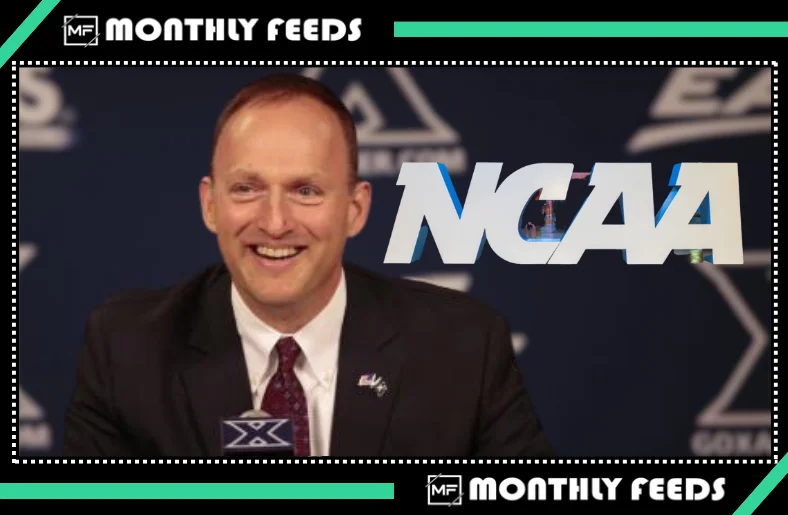According to a recent NCAA poll, college players face abuse from bettors, and 72% of colleges have had to deal with problems related to sports gambling involving staff or athletes in the last year.
Compliance officers at NCAA member colleges said that a similar number of players reported being harassed by irate bettors, a situation that may be becoming worse as more states legalise regulated sports betting.
Student athletes are being bullied by bettors, and nationwide billion-dollar advertising efforts are aimed at the next generation. To safeguard student-athletes and maintain the integrity of the competitions, we require all the assistance we can obtain, including from regulators and bookmakers, according to NCAA President Charlie Baker in a statement.
The NCAA and universities are likely to increase their scrutiny of wagering-related incidents in light of the recent scandals involving athletes at the University of Iowa and Iowa State University, as well as the recent launch of sports betting in Kentucky, the activity being live and legal in 35 states and Washington, DC.
More education is required, according to college officials
Sports betting became state-legalized in 2018 according to the now-famous Supreme Court ruling on Act protecting professional and amateur sports (PASPA), which had previously been frowned upon by gaming regulators and politicians in part because of point-shaving scandals and the perception that college athletes were particularly vulnerable.
While the growth of sports betting has been advantageous in terms of increasing interest in college and professional sports and increasing tax revenues in certain jurisdictions, there is considerable evidence to show that losing bettors actually harass college and professional players. Colleges and universities consider education to be essential when it comes to avoiding issues.
More than 95% of Division I colleges and the majority of Division II and III institutions, according to the NCAA poll, “found that some form of sports wagering education is occurring for athletes, coaches, and athletics administrators.”
The Iowa/Iowa State scandals demonstrate that college players need to be informed about the restrictions related to their incapacity to wager on their teams and the games they are playing in. In general, college athletes of legal gambling age in places that allow it can engage in the activity.
The NCAA said, “Among the institutions that offer sports wagering education, the major focus is on NCAA bylaws, sports wagering terminology, state/national legislation, and guidelines concerning disclosing inside knowledge about their team.
Managing the New Betting Era in the NCAA
The NCAA and colleges are coping with a new regime now that sports betting is “out of the shadows,” including the growing belief that sportsbook operators blatantly court younger customers.
There are steps universities and the NCAA may do specifically to protect players from problem gambling and betting scandals, but similar measures might not be appropriate for student populations with a wider range of interests.
Integrity monitoring programmes are another tool that many schools use. These services notify colleges when there is questionable betting activity on a certain game that may point to possible integrity issues, the NCAA said. According to survey results, one-third of autonomous institutions interact directly with these service providers, while other Division I schools can obtain this information through their conference office or the NCAA national office.
See more: click here

